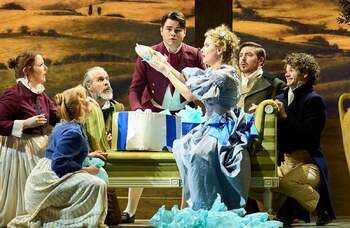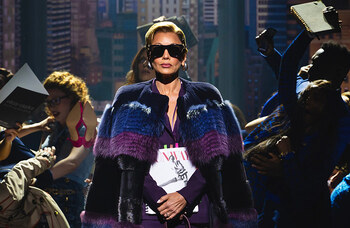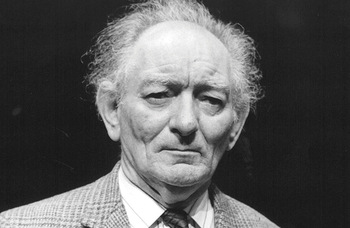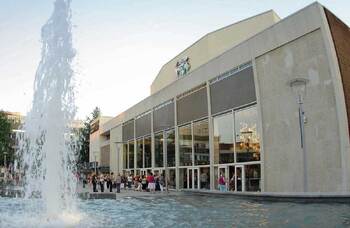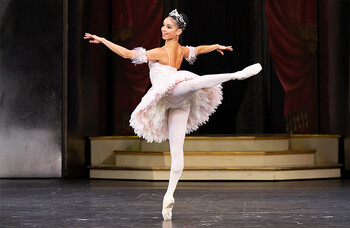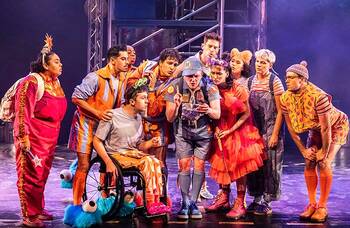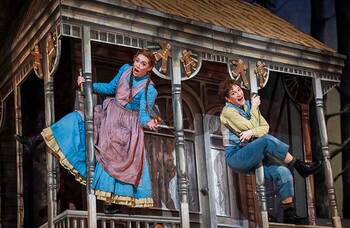Lucrezia Borgia review


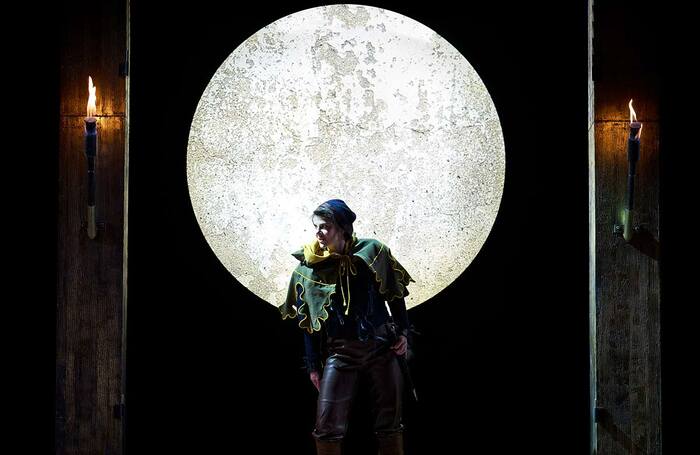

Fine account of Donizetti’s melodrama with impressive singing and intelligent staging
An infamous figure from Italian Renaissance history, Lucrezia Borgia – anti-heroine of Donizetti’s 1833 opera – is remembered (fairly or otherwise) as a notorious poisoner. That’s the characterisation in Victor Hugo’s 1833 play, which Felice Romani took as the basis for his melodramatic libretto. And however modern commentators may see her, Lucrezia was certainly at the epicentre of some pretty murky power politics in the southern Europe of her day (1480-1519).
Donizetti composed prolifically in an operatic tradition nowadays usually referred to as bel canto – which literally means beautiful singing. But, in fact, you need a good deal more than just a fine voice to allow his works to make their proper impact – keen attention to text and focused acting are just as important. While the title role, especially, is usually seen as natural territory for the greatest star sopranos – Joan Sutherland and Montserrat Caballé among them – the opera can be essayed by more modestly endowed companies. Here, in a traditional production by Eloise Lally, with handsome period designs by Adam Wiltshire and Cordelia Chisholm and magnificent costumes by Wiltshire, the cast delivers on every level.
Continues...
Central to the staging’s success is the fluent, technically authoritative but equally expressive vocalism of Paula Sides, capable of everything required of her by Donizetti’s demanding vocal writing. History may have judged Lucrezia, but as the soprano amply demonstrates in her broadly sympathetic portrayal, the composer undoubtedly takes her side. Playing opposite her as the son she has never acknowledged is tenor Thomas Elwin, whose flawless lyrical line and eager engagement communicate Gennaro’s predicament, as well as his ambiguous attitude to the woman who bore him, but who will be responsible for his death. As Lucrezia’s ruthless third husband Alfonso d’Este, baritone Aidan Edwards supplies plenty of malign vigour in a role originally created by a bass; once again, this is healthy, grandly scaled singing. Mezzo Katie Coventry, meanwhile, seizes all opportunities as Gennaro’s bromantic partner, Maffio Orsini.
Other artists taking smaller roles – those of Gennaro’s friends, Alfonso’s and Lucrezia’s henchmen, plus a batch of brigands – fit in neatly, while also forming the male chorus in a wide variety of fraught confrontations. There’s a moon that seems to have a life of its own as it wanders the Venetian skies in the prologue, and one or two performances need some physical sharpening up – but hopefully, this will improve as the tour progresses.
In the pit, the Old Street Band gives an excellent account of the piece, the ensemble’s period-instrument colours matching nicely with Donizetti’s early 19th-century score. Conductor Gerry Cornelius, meanwhile, maintains a powerful sense of dynamism.
More Reviews
Recommended for you
More Reviews
Recommended for you
Most Read
Across The Stage this weekYour subscription helps ensure our journalism can continue
Invest in The Stage today with a subscription starting at just £5.99

